What’s their secret? How did they manage to not only keep research afloat but thrive? (Seriously, how did they do it?!)
Below, get insight from research administrators at UC Berkeley, Lamar University, and Eastern Michigan University. They share their tips on how they drew on their resilience, creativity, and flexibility to get through this—and you can too. It’s why we were proud to honor them as recipients of our inaugural COVID-19 Research Resilience Award at this year’s Connect conference.
UC Berkeley: stay determined and persistent amid all obstacles
Gbenga Adesida is the IT Manager at the Office for Laboratory Animal Care (OLAC) at UC Berkeley, and he played a key role in helping the OLAC weather the pandemic. He faced more than a few challenges:
- Shifting to working from home
- Fluctuating staff availability
- Switching from an existing system to Cayuse’s Vivarium Operations app
- Needing to get the team excited, trained, and on board with the new system
- Dealing with power outages (!)
- Trying to stick to the proposed timeline
Just one or two of those is enough to make anyone give up and crawl back in bed, but Gbenga was determined and dedicated to making progress.
He made sure UC Berkeley’s IACUC committee and the Director of Environment, Health, & Safety knew about how Vivarium Operations could help them manage animal orders, inventory, and billing. The pandemic caused an immediate need for cloud-based operations, and Cayuse made that possible with a shared system users could access anywhere with internet. Gbenga was a driving force behind integrating Cayuse and UC Berkeley’s existing systems, making sure everything went smoothly and that they could manage IACUC processes with Cayuse.
And he hasn’t slowed down! Each week, he leads sessions over Zoom to train various groups on how to use Vivarium Operations, as well as determine next steps in usage and reevaluate the process when necessary.
We were delighted to honor Gbenga Adesida with our COVID-19 Research Resilience honorable mention at this year’s Connect conference. Congrats, Gbenga!
Lamar University: facilitate training and upload how-to videos
When the pandemic hit, Beverly Kemp and her colleagues at Lamar University had only recently switched from paper-based processes to Cayuse’s Human Ethics, Sponsored Projects, and Proposals apps. Not only did they have to quickly adjust to working remotely, but also ensure a smooth transition to the new systems (and faculty and staff adoption).
Here’s what Beverly and her team did before and during quarantine:
- Established an online IRB protocol submission template for researchers to use
- Arranged training for faculty and staff on the new systems
- Switched from face-to-face meetings to Microsoft Teams virtual meetings
- Created videos to put on Lamar’s website to help faculty members with the rollout
- Continue to be available to the entire Lamar community to provide assistance with all Cayuse apps
Like Gbenga, Beverly was diligent in ensuring things were clear and easy for others, despite challenging circumstances.
An additional challenge for the entire Lamar team has been hurricanes, which have had a major effect on the community, since the campus is northeast of Houston. At one point, a principal investigator lost her home while working on obtaining a grant for a nursing simulation program for dealing with COVID-19, but she wasn’t given any waivers on the submission date. She collaborated with Lamar’s Contracts and Grants Specialist, who was working from a hotel due to her home being flooded. Because they had moved all of their old pen-and-paper processes to the cloud, they were able to submit their grant on time. They ended up being awarded the grant, which ultimately has now had the potential of positively impacting the care of thousands of COVID-19 patients.
In the end, Lamar’s team has worked hard to make IRB submissions easier and reviews quicker. Congrats to the Lamar team and Beverly, another COVID-19 Research Resilience honorable mention recipient.
Eastern Michigan University: establish committees, schedules, and backups
Eastern Michigan University’s campus shut down in early March, and Dr. Sonia Chawla, Research Compliance Officer, leapt into action.
She put together a committee of about 15 people to discuss logistical issues and obtain input on new procedures for remote research, then collaborated with the administration and faculty to get approval. Their animal care technician was deemed an essential worker, but students couldn’t help him on campus, so Sonia lined up backups for him and established a schedule to care for the animals. She also helped investigators transition to virtual human subject research, and using Cayuse Human Ethics, remotely reviewed protocols and modifications. She also led Zoom trainings on returning to campus once it was safe.
No wonder she won our 2020 Research Resilience award! There’s much more to her story, so read the rest here. Congrats to Sonia and her team!
We’re grateful to UC Berkeley, Lamar University, and Eastern Michigan University for sharing their stories about navigating these unprecedented times. If we can help you with remote solutions, don’t hesitate to reach out. And hang in there—we’re here to support you!


